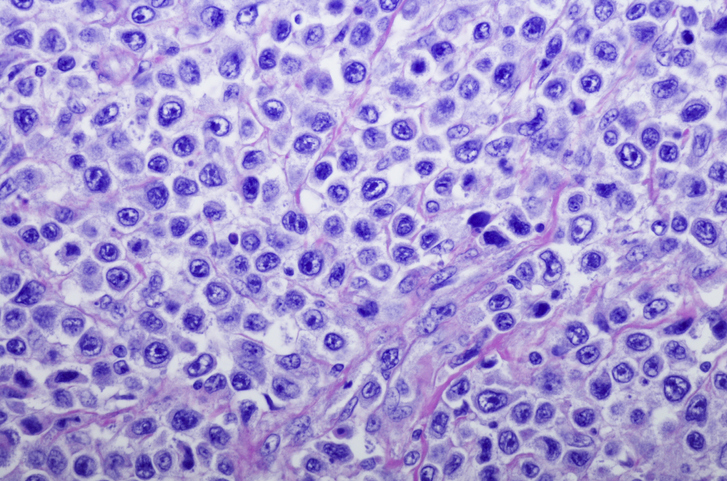The Case Comprehensive Cancer Center recently received a three-year, $3,194,947 grant from the National Cancer Institute to investigate health disparities in colorectal and breast cancer, as reported in a press release.
This prestigious grant is one of only four Specialized Programs of Research Excellence (SPORE) Planning Grant P20 awards given across the nation to address health disparities. The grant is intended to provide the It will provide the infrastructure for a new, comprehensive research program at Case Western Reserve University School of Medicine to research health disparities on both a molecular and population level. The ultimate goal of the program is to identify people at high risk for each cancer, and find common factors that drive racial disparities.
According to the news release, in their first project, the researchers team will assess genetic, lifestyle, and community factors associated colorectal care across demographics. The second project will entail decoding molecular mechanisms underlying racial disparities in triple-negative breast cancer. Additional projects in development will seek to understand relations between community-based factors and disparities in other cancers, such as prostate and uterine cancer.
“Racial disparities in these cancers persist, and are widening,” said Nathan A. Berger, MD, Hanna-Payne Professor of Experimental Medicine and director of the Center for Science, Health and Society at Case Western Reserve School of Medicine. “This award is an opportunity to investigate several causes and consequences of these disparities.”
Principal Investigator Li Li, MD, PhD, said: “This new SPORE P20 award promotes translational research that integrates population studies with cutting-edge basic science. We are hopeful it will help delineate biological mechanisms underlying racial disparities, so we can ultimately reduce or eliminate them altogether.”
Credit: Original article published here.










